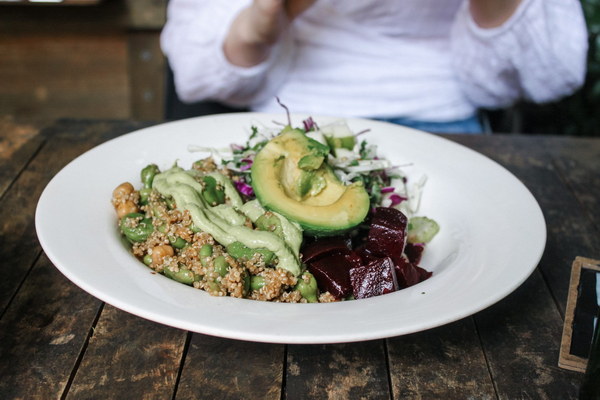Promoting Liver Health A Summary of the Liver Love Campaign
The Liver Love Campaign, an initiative aimed at raising awareness and promoting liver health, has successfully concluded its activities. Over the past few months, the campaign has managed to reach a wide audience, educate people on the importance of liver health, and encourage them to adopt healthier lifestyles. This article provides a summary of the campaign's key achievements and highlights the importance of taking care of our liver.
The campaign began with a series of informative workshops and seminars conducted by medical professionals and nutritionists. These sessions covered various aspects of liver health, including the role of the liver in the body, common liver diseases, and preventive measures. Attendees learned about the importance of maintaining a balanced diet, engaging in regular physical activity, and avoiding harmful habits such as excessive alcohol consumption and smoking.

One of the campaign's primary goals was to dispel common misconceptions about liver health. Many people are unaware that the liver plays a crucial role in filtering toxins from the blood, producing bile, and storing energy. By highlighting the liver's importance, the campaign aimed to encourage individuals to prioritize their liver health.
One of the campaign's most significant achievements was the distribution of educational materials. These materials included brochures, posters, and videos that were disseminated across various platforms, such as social media, community centers, and healthcare facilities. The educational materials provided practical tips on how to maintain a healthy liver, such as eating a balanced diet, limiting alcohol intake, and getting regular medical check-ups.
The campaign also organized community events and health fairs to engage the public in promoting liver health. These events featured interactive activities, such as liver health screenings, cooking demonstrations, and fitness classes. Participants learned how to prepare healthy meals and engage in physical activities that promote liver health.
Another key aspect of the campaign was the collaboration with healthcare providers and policymakers. By working together, the campaign aimed to develop policies that would support liver health initiatives and improve access to healthcare services. This collaboration resulted in the establishment of a liver health coalition that will continue to work towards improving liver health in the community.
One of the campaign's most impactful initiatives was the Liver Health Challenge. Participants were encouraged to adopt a liver-healthy lifestyle for a month, tracking their progress and sharing their experiences on social media. The challenge received an overwhelming response, with many individuals reporting positive changes in their health and well-being.
The campaign also focused on raising funds for liver research and patient support. Through donations and sponsorships, the campaign was able to allocate resources to organizations that are dedicated to finding new treatments for liver diseases and providing support to those affected by these conditions.
In conclusion, the Liver Love Campaign has been a resounding success, achieving its goals of raising awareness, educating the public, and promoting liver health. The campaign has demonstrated the importance of taking care of our liver and has inspired individuals to adopt healthier lifestyles. As the campaign comes to an end, it leaves behind a legacy of knowledge and commitment to liver health that will undoubtedly have a lasting impact on the community.
The campaign's success can be attributed to the collaboration of various stakeholders, including healthcare providers, policymakers, and the public. By working together, we can continue to promote liver health and reduce the incidence of liver diseases. As we move forward, it is essential to remember the lessons learned from the Liver Love Campaign and to continue prioritizing liver health in our daily lives.









